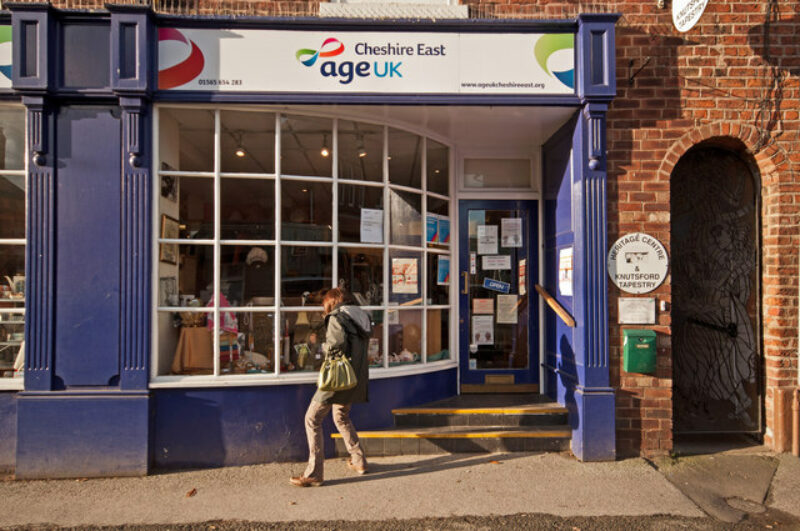5 February 2016
Should charities be banned from offering financial services?

Age UK has been offering insurance and energy deals for many years. And as the papers have shown over the past 24 hours, it's been making good money from them.
Before we get too righteous about pensioners being ripped off, it's worth remembering that Age UK is a charity, and all the money it makes goes towards the good work that it does supporting the elderly around the country.
I can't see that there's a problem with charities running commercial businesses to create a sustainable source of revenue. Oxfam, for example, has been making and selling its own products through its shops (as well as donations) for years. Many other charities have commercial arms as well.
But it's right that charities in business are held to a higher set of ethics than their competitors - particularly in the financial services industry.
The danger of monogamy
So while there's nothing wrong, per se, with Age UK offering insurance products, their decision to tie to a single provider - Ageas - does leave them open to criticism. With a single tie, they can't possibly claim that they are offering the customer the best deal. Worse still, in some cases, they come in quite a lot more expensive than their competitors.
Last night, we ran some identical car and home insurance quotes on the Age UK site - and then on a comparison site. In home insurance, policies with similar levels of cover and excesses could be found almost 40% cheaper on the comparison site. In car insurance, there were equivalent policies available for around 10% less. In some scenarios, it's quite possible that the tables would be reversed - and Age UK would come in cheaper. But in others, I imagine that customers could end up hundreds of pounds worse off by going with Age UK rather than shopping around.
Age UK customers may not be so naive as to believe that they are being offered the very best possible price. But equally, I'm sure many of them would be shocked if they discovered they could have saved hundreds of pounds by going elsewhere.
The righteous path is less profitable
The charity would have been in a much stronger position if it acted as a broker - seeking out quotes from a number of different insurers. This would invariably have been less profitable. But with the right panel, they would be able to ensure that they were always pricing competitively.
Age UK is not the only company to be dipping its toes into the lucrative financial services waters. Consumer charity Which? now has a mortgage business. But importantly, this is a broker, which doesn't put Which? in the pockets of an individual lender. Which? has bent over backwards to be even handed in its mortgage business - as it fears the kind of negative publicity that Age UK has received. The result is that commercially it's been a challenge making the business a success.
In contrast, Age UK has persuaded itself that it's conflicts are ok in the context of all profits going to a good cause. On balance, I think they are wrong. Unintentionally, they are taking money off one set of pensioners to fund the work that they do for another set. Unfortunately, some of those people who are getting a raw deal will be people who can least afford it.
I hope regulators and MPs go easy on them. I know that their intentions have always been honest. But this was a reputationally damaging story which could have been avoided. And it raises questions about the leadership's judgement.

